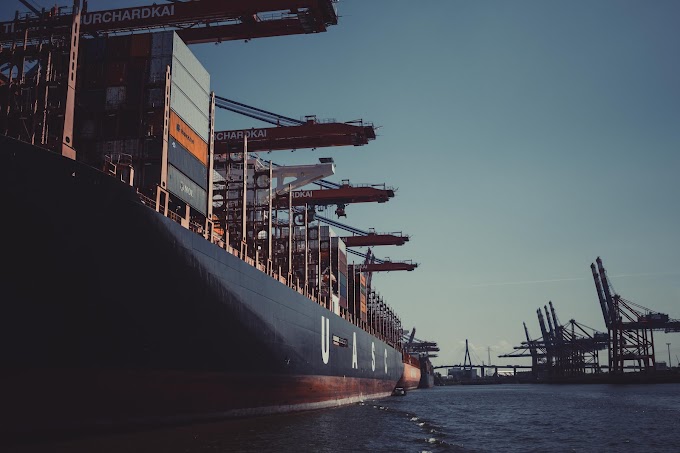An offshore accident lawyer, also known as a maritime or admiralty lawyer, is a legal professional who specializes in handling legal cases related to accidents and injuries that occur in offshore or maritime environments. These environments typically include activities on navigable waters, such as oceans, seas, rivers, and lakes, and can involve a wide range of situations, including but not limited to:
1. **Commercial Shipping Accidents:** Cases involving injuries or fatalities on cargo ships, oil tankers, container ships, and other commercial vessels.
2. **Fishing and Commercial Fishing Accidents:** Cases related to injuries or fatalities on fishing boats or in the commercial fishing industry.
3. **Oil Rig and Offshore Platform Accidents:** Cases involving injuries or fatalities on oil rigs, offshore drilling platforms, and other structures used in the extraction of offshore resources.
4. **Cruise Ship Accidents:** Legal matters arising from accidents, injuries, or illnesses that occur on cruise ships while passengers or crew members are at sea.
5. **Recreational Boating Accidents:** Cases related to accidents on recreational boats, such as sailboats, yachts, and jet skis.
6. **Dock and Harbor Accidents:** Legal issues arising from injuries that happen on docks, piers, and harbors.
Offshore accident lawyers are well-versed in the complex body of maritime law, which includes federal statutes, international treaties, and common law principles. They understand the unique legal challenges that arise in these cases, including issues related to jurisdiction, liability, and the various parties involved (such as shipowners, employers, manufacturers, and insurers).
The roles and responsibilities of offshore accident lawyers typically include:
1. **Investigation:** Conducting a thorough investigation into the accident to determine its cause and identify responsible parties.
2. **Legal Representation:** Representing clients in negotiations, settlement discussions, or litigation to seek compensation for injuries, medical expenses, lost wages, pain and suffering, and other damages.
3. **Knowledge of Maritime Law:** Applying specialized knowledge of maritime law to navigate the complexities of cases in this field.
4. **Advising Clients:** Providing legal advice and guidance to clients regarding their rights and options.
5. **Documentation:** Gathering and preserving evidence, including accident reports, witness statements, medical records, and other relevant documentation.
6. **Settlement Negotiations:** Negotiating with insurance companies, employers, or other parties to reach fair and just settlements for clients.
7. **Litigation:** If necessary, filing lawsuits on behalf of clients and representing them in court during legal proceedings.
8. **Compliance:** Ensuring clients' claims comply with federal and international maritime laws and regulations.
It's important to note that offshore accidents can result in serious injuries or even fatalities, and the legal aspects can be quite complex. Therefore, hiring an experienced offshore accident lawyer is crucial for individuals seeking compensation or justice in these types of cases. These lawyers have the expertise to navigate the intricacies of maritime law and pursue appropriate legal remedies on behalf of their clients.


.jpg)

.jpg)




